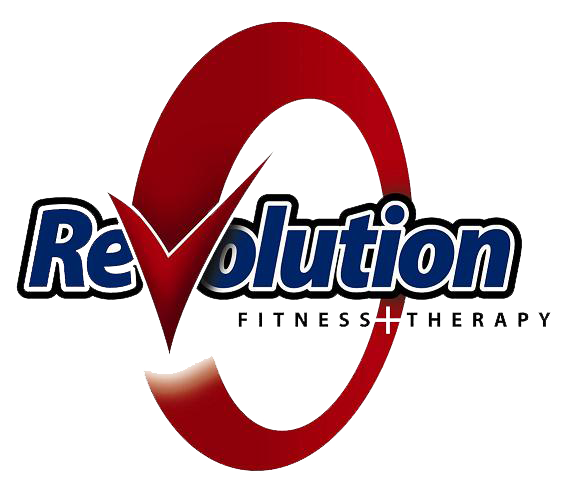*The title of this post was taken from the Nirvana song of the same name*

There may (jokingly) be something in my DNA that makes me gravitate towards cheese. My father was born in Holland, so while Gouda is one type I always have a fondness for, I don’t think I will discriminate much when given the chance.
My wife? She’s a cheese junkie. If you told her that her entire diet had to consist of cheese she would be happier than a rat. Oddly enough, she is lactose intolerant but because of the way that cheese is made, it doesn’t normally have the same effect on her that a glass of milk would.
Cheese is certainly a strange food though. While it does have some health benefits because of calcium and protein content it can also be high in saturated fat. Before I start setting off red flags, saturated fat is a fat with some benefits as well as long as it is moderated. Feta, goat cheese and mozzarella would be some options if you need a lower fat option.
The funny thing is: cheese is everywhere. On salad bars, pizza, pastas, sandwiches, subs, in appetizers, in wine bars, hell…for the aficionado, you even get your pick of cheese shops.
All this is fine and good until you realize how little cheese you get just to crack 100 calories. I think it’s a little upsetting.

Yeah…it’s really upsetting.
So, do you strip all of the cheese out of your food plan just to see results?
Not necessarily.
Pick your favorite cheese varieties and keep them at home. If you find yourself craving some cheesy goodness, make sure you enjoy it. Just be mindful of how much you’re actually indulging in.
When you’re out at restaurants, you may be safer to hold the cheese off your meal choice. Since you’re not only battling an amount of cheese you have no control over but the oils/butters your food was prepared with, you could find yourself saving an easy 200-500 calories (more if it’s pizza and you can’t stop at one slice.)
Tactics like these can help in the long run, even if you despise the thought of counting calories.
I’ll leave you with one final reminder: restaurants will find almost any way to add cheese to a meal. The desire for it is that great. A survey done recently averaged that Americans consume 33 pounds of cheese a year.
Shall we do the math?
Approx 100 calories per ounce of cheese (16 oz in a pound) = 52,800 calories in 33 pounds of cheese.
All numbers considered equal for the sake of argument: You could gain 15 pounds by cheese consumption alone if you’re meeting the cheese average in a given year.
So, enjoy your cheese. Truly.
I know I will.
Hopefully not 33 pounds worth.
(Note: conversations about which foods to add in or remove in your diet do not work within a vacuum. If your consumption is in line with your goals and you are continuing to see results, no changes may be needed.)
